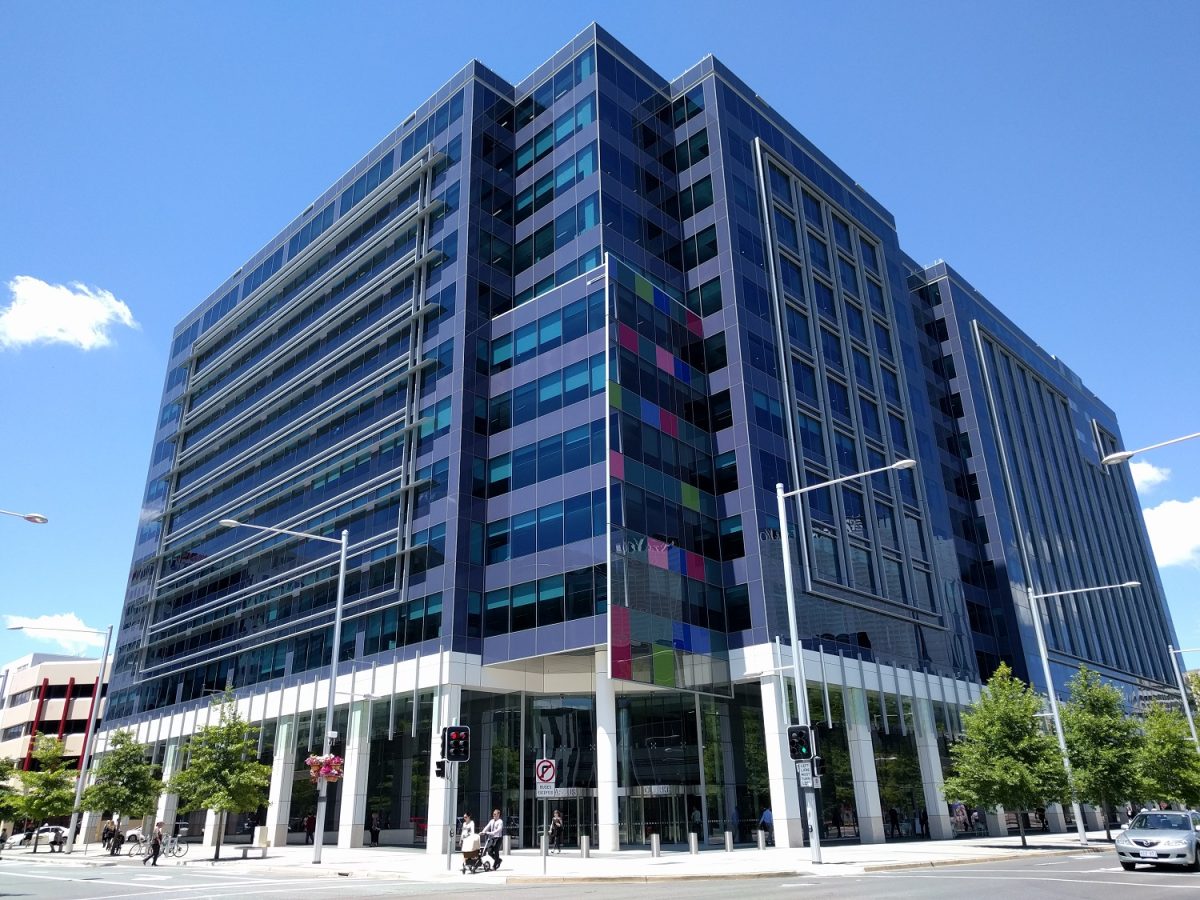
The Department of Employment and Workplace Relations is the fourth agency or department to be the target of the CPSU. Photo: Wikipedia.
The Community and Public Sector Union’s (CPSU) rolling campaign of industrial action has hit a fourth target, with the Department of Employment and Workplace Relations (DEWR) now firmly in its sights.
The union announced yesterday afternoon (5 October) that it has applied to the Fair Work Commission for a Protected Action Ballot for its members who work for DEWR, the fourth such action since it rejected the government’s latest pay offer – despite its members narrowly voting to accept the offer – on 27 September.
DEWR union members will vote to participate in two separate actions: an unlimited number of stoppages up to one-hour and an unlimited number of stoppages up to 24 hours.
The union has already made good on its threats to increase its work stoppages in Services Australia. Its members are scheduled to hold a 24-hour strike on Monday (9 October).
The government’s offer of 11.2 per cent over three years put forward by the Australian Public Service Commission (APSC) was a 0.7 per cent improvement of its first offer of 10.5 per cent but still falls far short of the CPSU’s demands for a 20 per cent pay rise.
Despite 51.9 per cent of its members voting to accept the government’s revised offer, CPSU National Secretary Melissa Donnelly said at the time that the margin wasn’t clear enough for the union to recommend its members support the offer.
The DEWR decision follows similar actions on 4 October in the Department of Agriculture, Fisheries and Forestry, on 3 October for its staff in the Fair Work Ombudsman, and industrial action already underway in Services Australia.
“Service-wide bargaining is a unique opportunity for the government to negotiate a pay and conditions package that brings together a fragmented and disparate APS,” Ms Donnelly said in a statement.
“The CPSU wants to see a package on the table that APS employees can proudly get behind, and we believe the government wants that too.”
Apart from the pay increase, the union had also demanded improved conditions, including APS pay equity, backpay where employees face a delay in receiving any new pay rise, and a common pay rise date that brings agencies and departments into line with each other.
APSC chief negotiator Peter Riordan had previously said that no employee would be disadvantaged under the agreed-upon arrangements and said broad support had already been reached on 35 conditions.
“The conditions package that has been negotiated contains industry-leading working from home rights, an increase to casual loading, significant improvements to paid parental leave and enhanced job security provisions,” Ms Donnelly said.
“But APS employees have been clear in communicating that they want to see the government improve the pay offer.
In a brief statement on 27 September, Minister for the Public Service Senator Katy Gallagher said the outcome of the CPSU ballot showed a majority position to support the government’s offer and that the government had bargained “in good faith”.

















